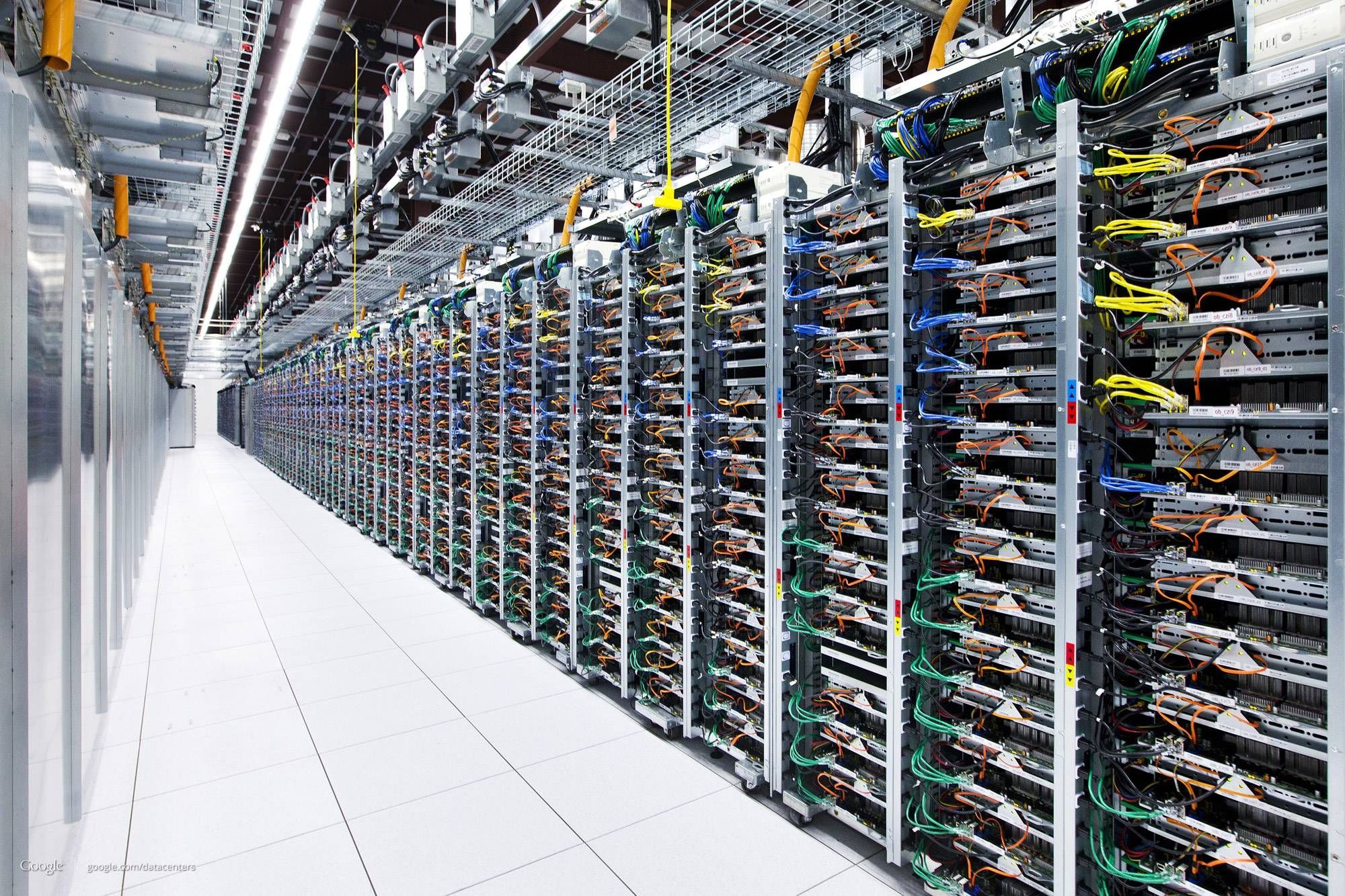There is no question that Servers and Storage has become a common theme in our lives. Whether it is the cloud, the increasing popularity of 5G or something in-between, our lives have become entwined with this aspect of technology.
Now is the perfect time to re-evaluate your strategy around storage for your business. No matter if you are just starting out or have been in operation for some time, planning to expand or relocate, it’s vital to ensure that your company has a sound strategy in place regarding storage. Otherwise, you may find yourself struggling to accommodate the growth in data resulting from increased user activity and traffic, all while trying to protect critical business data.
Servers
When we talk about servers we often think about the stereotypical large machines with lots of lights and cooling fans that help companies process large amounts of data. While those may be the vision of a server in someone’s head, that is certainly not what they mean when they say one. A server is simply a device that stores and provides access to data.
These days, even small devices come with some level of artificial intelligence (AI) and the ability to process large amounts of data quickly and efficiently. Mobile phones have become powerful enough to run multiple server operating systems. Even small desktops or laptops can process large amounts of data quickly enough to be considered a server these days. This means small businesses, even ones with just a few employees, can have their own personal server to store and process their data. Something to keep in mind when considering your server setup.
Storage
Like with most aspects of technology, the storage market has changed as well. It used to be that the larger the storage device the better. However, today’s technology is pushing the boundaries of what can be accomplished even with relatively small storage devices. This is largely thanks to the efficiency of solid state drives (SSDs) and hard disk drives (HDDs).
SSDs and HDDs both have moving parts that can wear out over time and require fairly regular maintenance and cleaning to stay effective and cost-efficient. Additionally, the disks inside of these devices are becoming larger and larger which, in turn, makes them more expensive to purchase and maintain. This is why many businesses are moving toward a system using a lot of solid state storage devices to keep all of their data safe and accessible when needed. Even small businesses have realized the benefits of solid state storage and have adopted them for critical business data.
The Impact Of Server And Storage On Your Business
It is important to keep in mind the purpose behind your server and storage setup. When setting up your server and storage, you need to determine how you will use it and whether you even need it or not. The most basic question to ask yourself is: Do I need a server or storage device? Think of the last time you needed to access a file or folder on your computer. Chances are, you went to your computer, logged into your account, found the file you were looking for and then clicked on it to access it. Now imagine, if you were trying to access a file on a thumb drive or CD-ROM, how frustrated you would have been. That is exactly what all of your employees and customers will experience if you do not have a good strategy in place regarding your server and storage.
The more sophisticated your servers and storage are, the more chances there are of them malfunctioning or slowing down your computer’s performance. It is, therefore, vital that you hire a reputable server vendor who can provide you with managed services to ensure that all of your servers and storage stay up and running smoothly.
A server is a key element in any business’ digital infrastructure and it is important that you understand the impact that they can have on your business. Setting up a server and storage is not a difficult task but, rather, an essential part of having a successful business.
